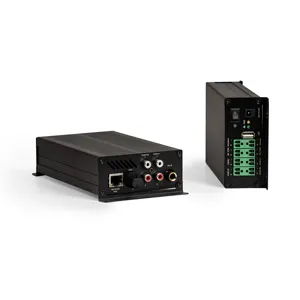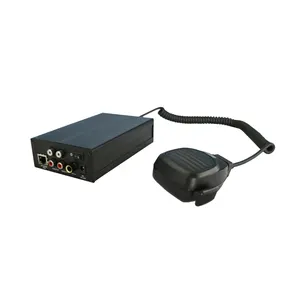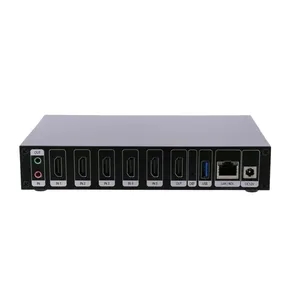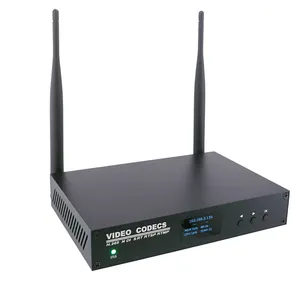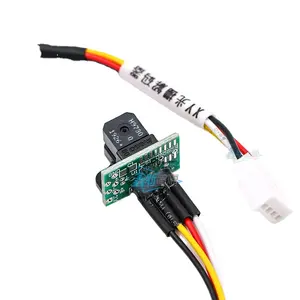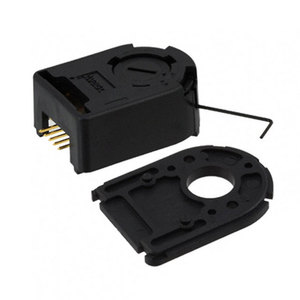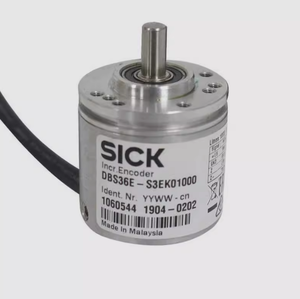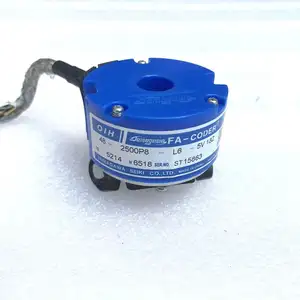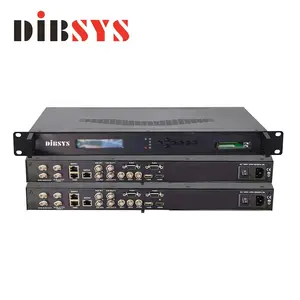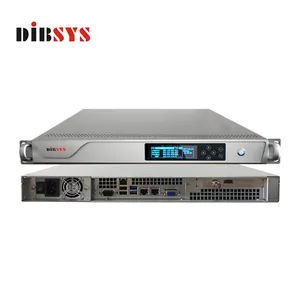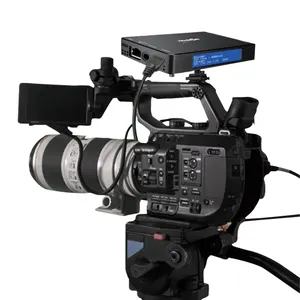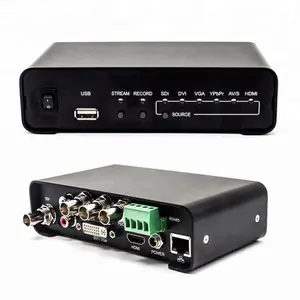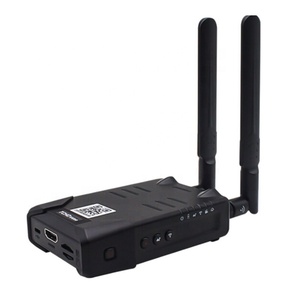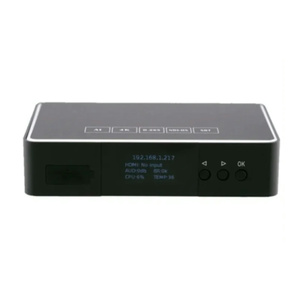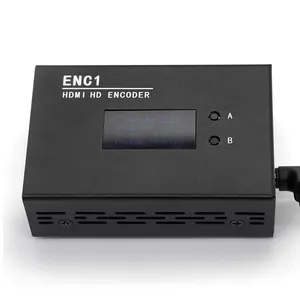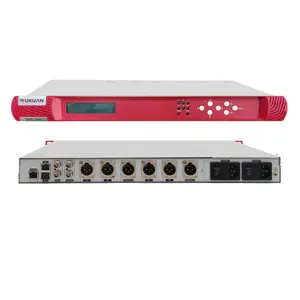Encoder And Decoder


 1/1
1/1



 1/3
1/3

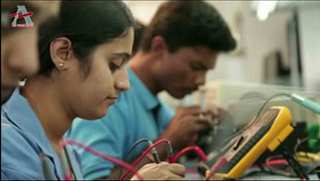

 1/3
1/3





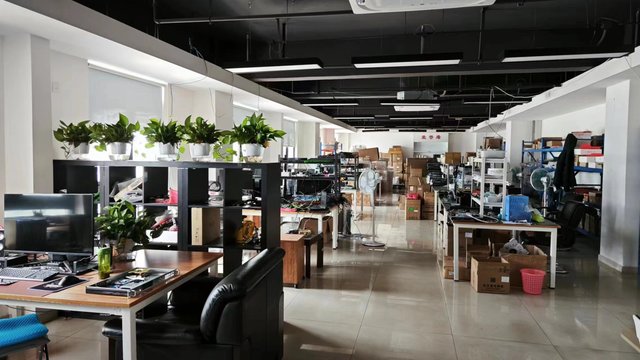

 1/3
1/3




 1/3
1/3

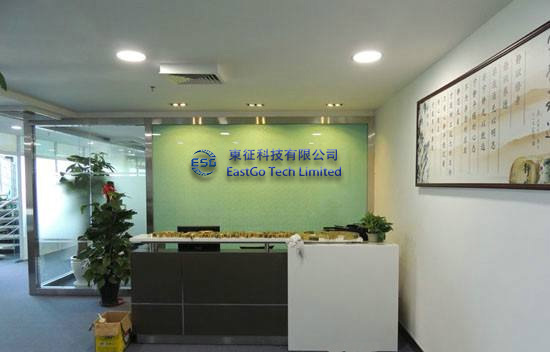

 1/3
1/3



 1/3
1/3



 1/3
1/3


 1/3
1/3

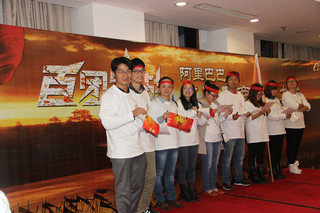

 1/3
1/3


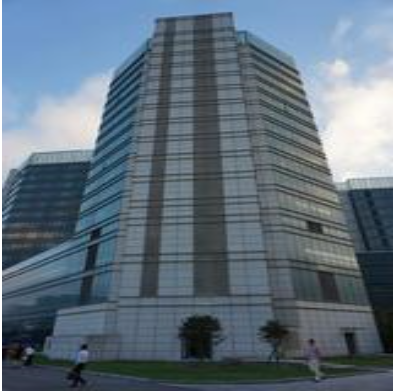

 1/3
1/3




 1/3
1/3





 1/14
1/14




 1/3
1/3

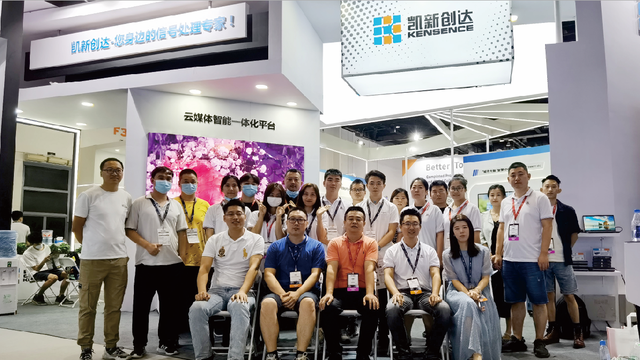

 1/3
1/3

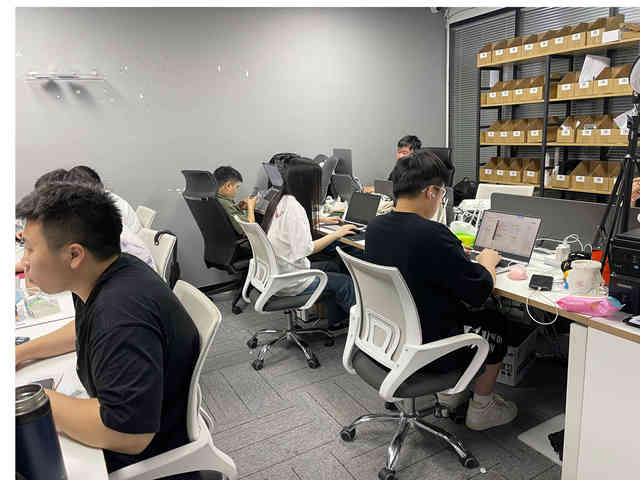

 1/3
1/3


 1/1
1/1


 0
0



 1/3
1/3
About encoder and decoder
Where to Find Encoder and Decoder Suppliers?
China remains a central hub for encoder and decoder manufacturing, with key suppliers concentrated in industrial regions such as Shenzhen, Shanghai, and Nanchang. These clusters offer integrated electronics production ecosystems supported by mature supply chains for PCBs, ICs, and embedded systems. Shenzhen, in particular, hosts specialized electronic module manufacturers with access to high-speed SMT lines and firmware development teams, enabling rapid prototyping and scalable production.
Suppliers in these regions leverage vertical integration across design, testing, and assembly to reduce time-to-market. Proximity to component distributors and contract manufacturers allows for efficient sourcing of critical parts like NDI®-compatible chips, H.264/H.265 codecs, and AES67-compliant network modules. Buyers benefit from localized logistics networks that support lead times averaging 15–25 days for standard orders, alongside flexible batch sizing. Cost efficiencies stem from consolidated labor and infrastructure, with production costs typically 20–35% lower than equivalent Western-based operations.
How to Choose Encoder and Decoder Suppliers?
Selecting reliable partners requires due diligence across technical, operational, and transactional dimensions:
Technical Expertise Validation
Confirm supplier specialization in digital signal processing, network audio/video transmission protocols (e.g., Dante™, NDI®, GB28181), and codec implementation. Prioritize vendors with demonstrable experience in H.264, H.265, and low-latency streaming applications. Request firmware version logs and compatibility matrices for integration planning.
Production and Customization Capacity
Assess core competencies through product range and customization options:
- Minimum order quantities (MOQ) vary from 1–5 pieces, indicating flexibility for pilot runs
- Customization capabilities include PCB labeling, housing materials, color schemes, and OEM branding
- In-house R&D teams are evident in companies listing thousands of related electronic modules and development kits
Evaluate scalability via online revenue indicators and listing volume—suppliers with over 5,000 product listings often operate automated assembly lines suitable for bulk procurement.
Quality and Transaction Assurance
Verify performance metrics where available:
- On-time delivery rates exceeding 95% indicate robust production scheduling
- Response times under 2 hours reflect dedicated customer engineering support
- Reorder rates below 15% may suggest niche positioning or limited post-sales engagement
While formal certifications (ISO 9001, CE, RoHS) are not explicitly stated in the data, compliance can be inferred from export-ready product specifications and global pricing structures. Insist on sample testing for latency, synchronization accuracy, and thermal stability under continuous operation.
What Are the Best Encoder and Decoder Suppliers?
| Company Name | Main Products | Product Range | Price Range (USD) | Min. Order | On-Time Delivery | Avg. Response | Online Revenue | Reorder Rate |
|---|---|---|---|---|---|---|---|---|
| Nanchang Huayin Co., Ltd. | Sound Equipment, Amplifiers, Speakers | 216+ | $100–1,000 | 1–5 pcs | 100% | ≤1h | $1,000+ | <15% |
| Shenzhen Mingweida Electronics Co., Ltd. | Development Boards, ICs, Electronic Modules | 9,573+ | $2.82–348 | 1–3 pcs | 95% | ≤2h | $20,000+ | <15% |
| ADVANCED MICRO SERVICES PRIVATE LIMITED | Electronic Components, PLCs, VFDs | 4,976+ | $500–2,500 | 1 unit | - | ≤10h | - | - |
| Shanghai Xuanxin Technology Co., Ltd. | Encoder/Decoder Boards, Industrial Modules | Multiple | $17.09–425.91 | 1 pc | 93% | ≤4h | $80,000+ | <15% |
| Changsha Tuoying Technology Co., Ltd. | Radiobroadband, Fiber Optic, Video Converters | 384+ | $125–460 | 1–2 pcs | 98% | ≤3h | $90,000+ | 27% |
Performance Analysis
Changsha Tuoying Technology stands out with the highest reported reorder rate (27%) and strong on-time delivery (98%), suggesting consistent product reliability and customer satisfaction. Shenzhen Mingweida offers the broadest technical portfolio, ideal for buyers seeking encoder-decoder boards integrated within larger electronic systems. Shanghai Xuanxin and Nanchang Huayin provide competitive MOQs and customization, with response times under 4 hours enhancing collaboration efficiency. ADVANCED MICRO SERVICES targets industrial automation clients with premium-priced encoders from established brands like Baumer, Siemens, and Heidenhain, catering to replacement and maintenance markets rather than new system builds.
FAQs
How to verify encoder and decoder supplier reliability?
Cross-check technical specifications against protocol standards (e.g., AES67 for IP audio, NDI® for video). Request firmware update histories and test reports for jitter, packet loss resilience, and power consumption. Analyze response consistency and documentation quality during pre-sales inquiries.
What is the typical sampling timeline?
Standard samples ship within 7–14 days. Complex configurations involving custom firmware or industrial-grade components may require 20–30 days. Air freight adds 5–10 days for international delivery.
Can suppliers accommodate OEM/ODM requests?
Yes, multiple suppliers offer full customization including logo printing, housing design, and PCB modifications. Minimum volumes for branding start at 1 piece for some vendors, though bulk discounts apply beyond 50 units.
Are encoder and decoder products compliant with international standards?
While explicit certification data is limited, many products align with functional requirements for CE, FCC, and RoHS compliance. Buyers should request conformity declarations and conduct independent lab testing for mission-critical deployments.
How do pricing and MOQs vary across supplier types?
Industrial component suppliers (e.g., ADVANCED MICRO SERVICES) list higher prices ($500+) with single-unit MOQs, targeting aftermarket demand. Electronics module makers offer broader price bands ($2.82–$460), supporting both budget prototypes and commercial installations. Low MOQs (1–2 pieces) enable cost-effective testing and small-scale rollouts.





